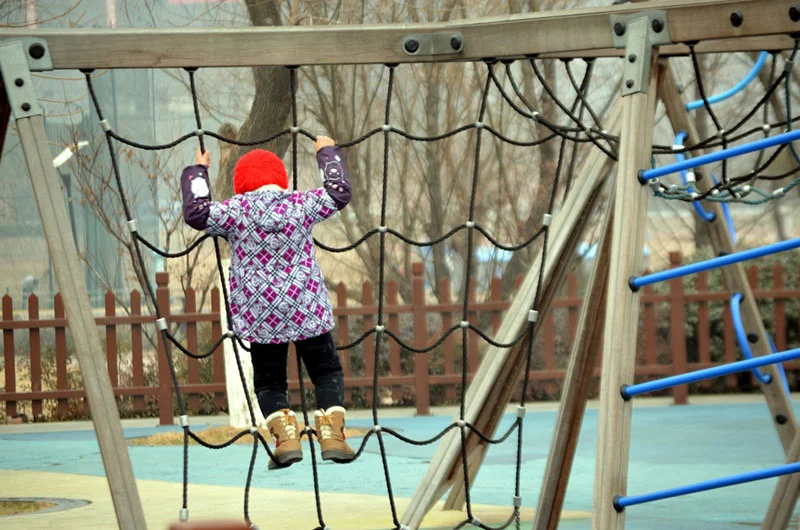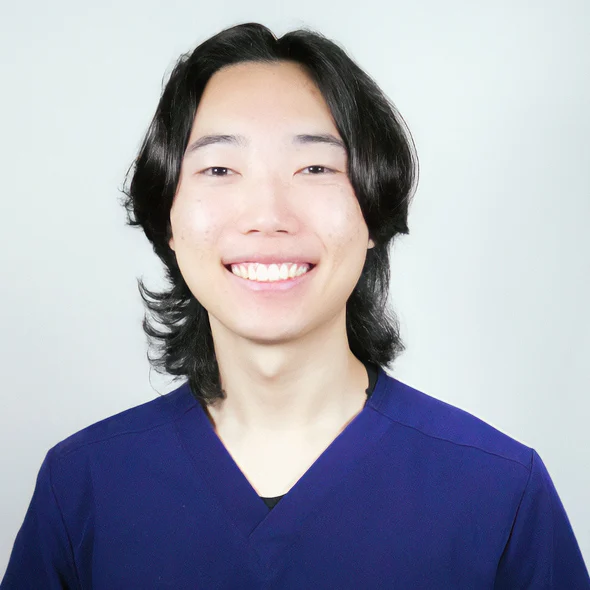Understanding Primitive Reflexes and Their Role in Child Development
I frequently work with children who experience developmental delays or motor coordination difficulties. A key concept in understanding these challenges is primitive reflexes—automatic movements present in infants that should integrate as the brain matures. When I first learned about them, I found the concept confusing. Aren’t reflexes supposed to be beneficial? I hope this blog clarifies why they play a crucial role in child development.
Primitive reflexes are involuntary movements in newborns that serve essential survival functions. For example, the Moro reflex (startle reflex) helps infants react to environmental changes, while the rooting reflex aids in feeding. These reflexes are vital early in life, but as the nervous system matures, they should integrate into higher-level motor control. If they don’t, they can interfere with normal development, leading to motor coordination difficulties, sensory sensitivities, and challenges with attention or behavior.
Integrating these reflexes is a key developmental milestone. As the brain’s higher centers take over motor control, primitive reflexes should fade. However, retained reflexes can cause developmental and learning challenges. For instance, a retained Moro reflex may lead to emotional regulation issues, increased startle responses, or heightened anxiety. Similarly, an unintegrated asymmetric tonic neck reflex (ATNR) can make tasks like handwriting or jumping jacks more difficult.
Therapists use exercises and activities to support reflex integration. These activities can be engaging and easily done at home, increasing the likelihood of success. Through targeted interventions, we can help children improve coordination, emotional regulation, and overall development.
Early intervention is essential. Signs of retained reflexes include clumsiness, poor coordination, balance issues, trouble focusing, and sensory overwhelm. By identifying and addressing these reflexes, we can support children in reaching their full potential and improving their quality of life.






